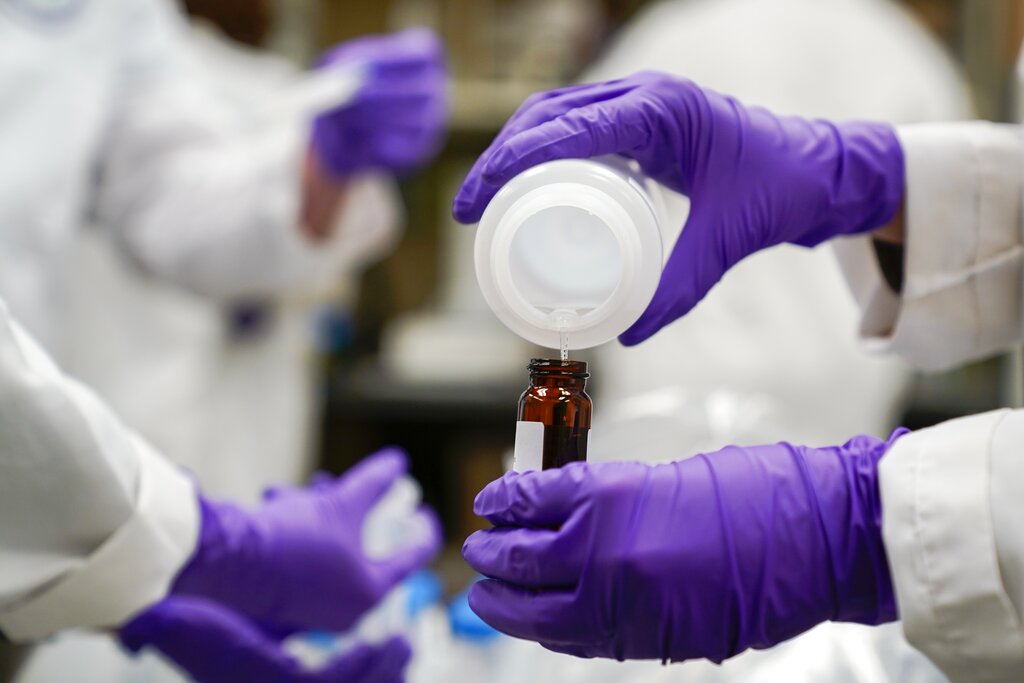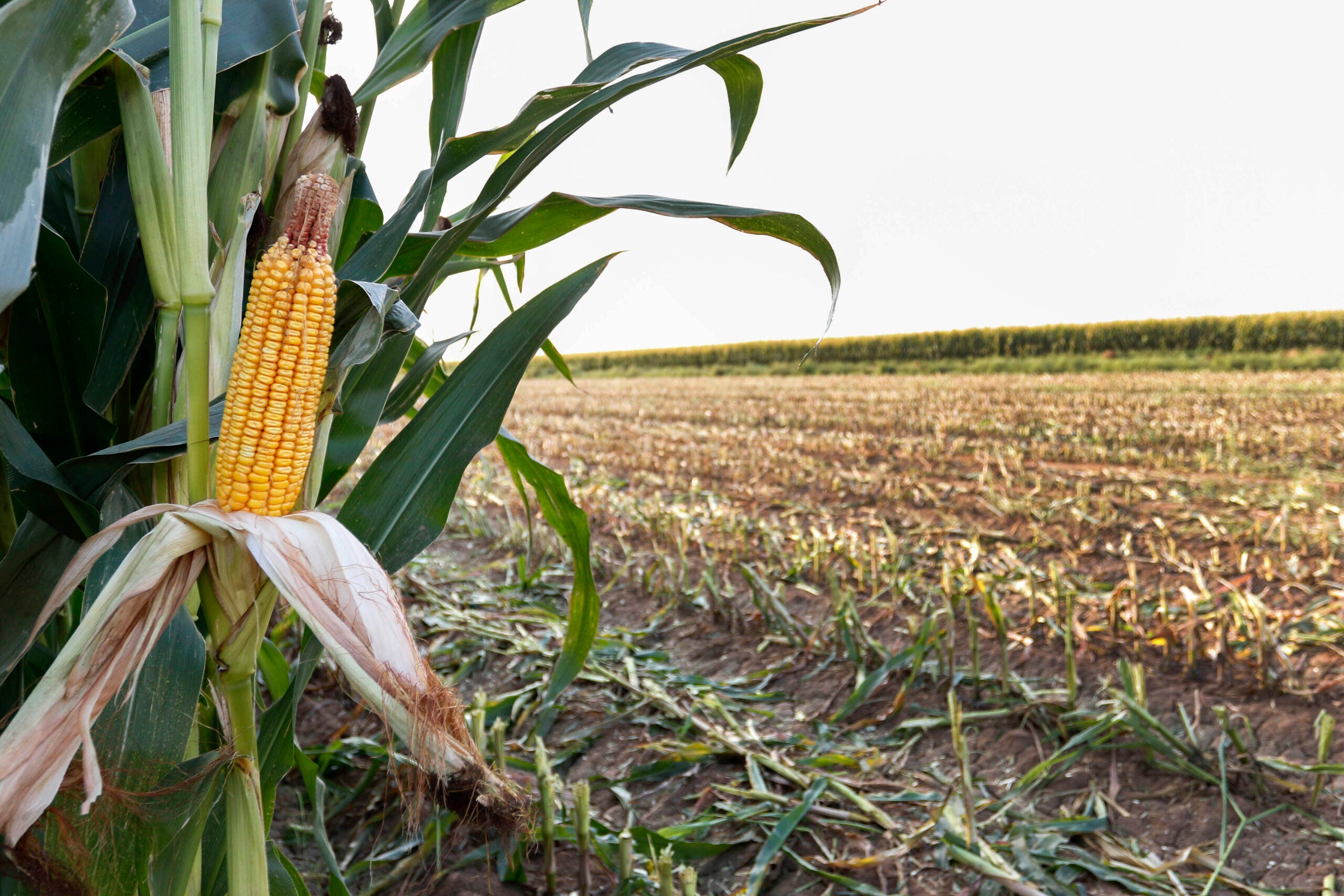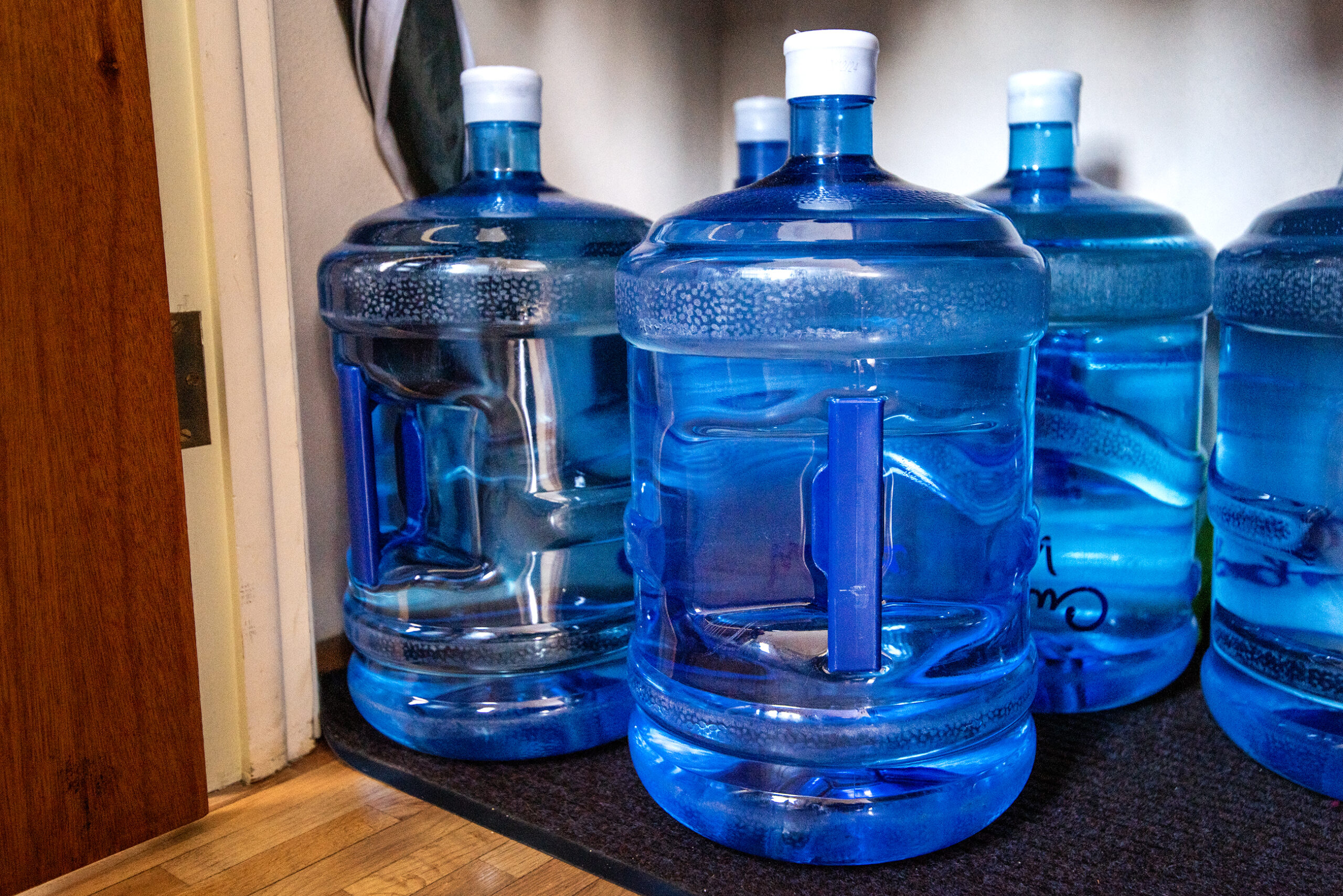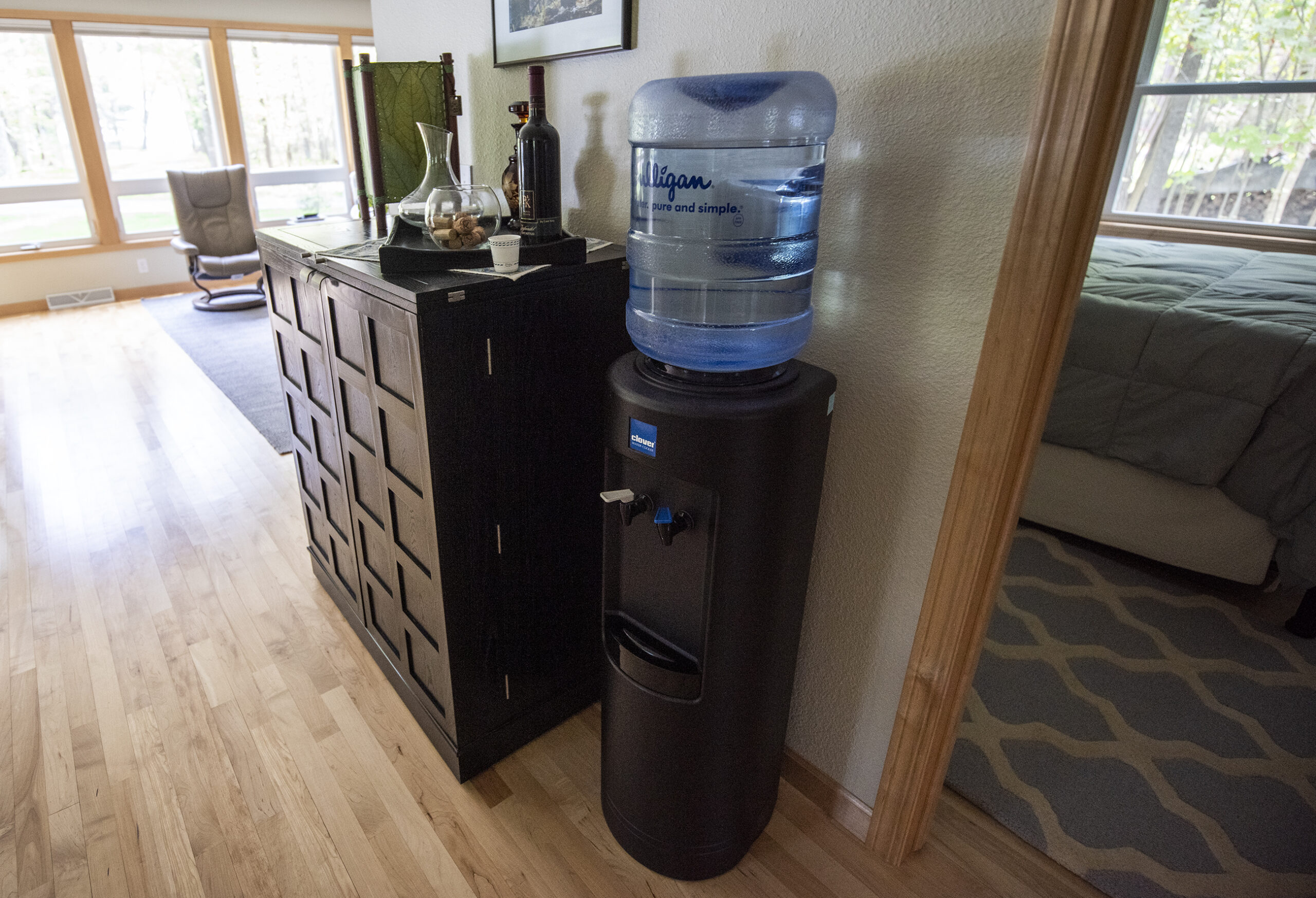State regulators may now begin crafting groundwater standards for E. coli bacteria to bring Wisconsin in line with federal drinking water standards.
The Wisconsin Natural Resources Board unanimously approved a statement of scope and public hearing Wednesday, kicking off a two-and-a-half year process to develop standards for E. coli. The state Department of Natural Resources will develop a rule to replace the existing groundwater standard for total coliform bacteria, which would become an indicator of whether E. coli is present in groundwater.
Around two-thirds of state residents rely on groundwater for their drinking water, and private wells provide roughly one-third of people with drinking water that draws from groundwater.
News with a little more humanity
WPR’s “Wisconsin Today” newsletter keeps you connected to the state you love without feeling overwhelmed. No paywall. No agenda. No corporate filter.
“The intent of these rules is to protect you when you’re drinking water at your home to avoid some of the violent illness and occasionally life-threatening effects that can happen from ingesting bacteria,” Bruce Rheineck, the DNR’s groundwater section chief, said.
Some types of E. coli bacteria can cause short-term stomach illnesses, such as diarrhea, nausea and vomiting. In severe cases, E. coli can lead to kidney failure and hepatitis.
The Wisconsin Department of Health Services recommended groundwater standards for 27 substances in June 2019. The list included recommended limits for the two most common types of harmful, so-called forever chemicals known as PFAS, as well as E. coli bacteria, trichloroethylene, hexavalent chromium and other substances.
In February, the board rejected groundwater standards for E. coli and other substances when it declined to set groundwater limits for PFAS, which have been found in public and private wells across the state. They’ve been linked to serious health issues like kidney and testicular cancers, and PFAS don’t break down easily in the environment.
Republican state Sen. Steve Nass, who co-chairs the Legislature’s Joint Rules Committee, requested a preliminary hearing in March about the proposed rule before the agency could begin crafting standards for the bacteria.
The state’s largest business lobby Wisconsin Manufacturers and Commerce, the Wisconsin Paper Council, and the American Chemistry Council asked the DNR to clarify that only standards for E. coli are being sought this round in comments submitted to the agency as part of that hearing. They highlighted “numerous concerns” with the proposed regulations voted down by the board in February.
“Our concerns included — but were not limited to — the Department’s statutory authority for the rule, the rule’s compliance costs, and the scientific justification for the standards included in the rule,” the groups wrote.
In 2016, the Environmental Protection Agency changed how bacteria are regulated in public water supplies. As a result, the state removed a maximum contaminant level for total coliform bacteria and replaced it with a maximum contaminant level for E. coli bacteria in drinking water, which is considered a more specific indicator of fecal contamination.
The EPA has no federal groundwater standards, and the proposed rule updates the groundwater standard for E. coli to mirror federal and state drinking water standards. The standard would be used to protect public health in regulation of spills, fertilizer, septic tanks, wastewater and water quality.
The DNR anticipates the economic impact of the proposed standard on small businesses would be minimal, and the agency expects savings through avoided health and drinking water treatment costs as part of efforts to reduce or eliminate pollution.
Wisconsin Public Radio, © Copyright 2025, Board of Regents of the University of Wisconsin System and Wisconsin Educational Communications Board.







